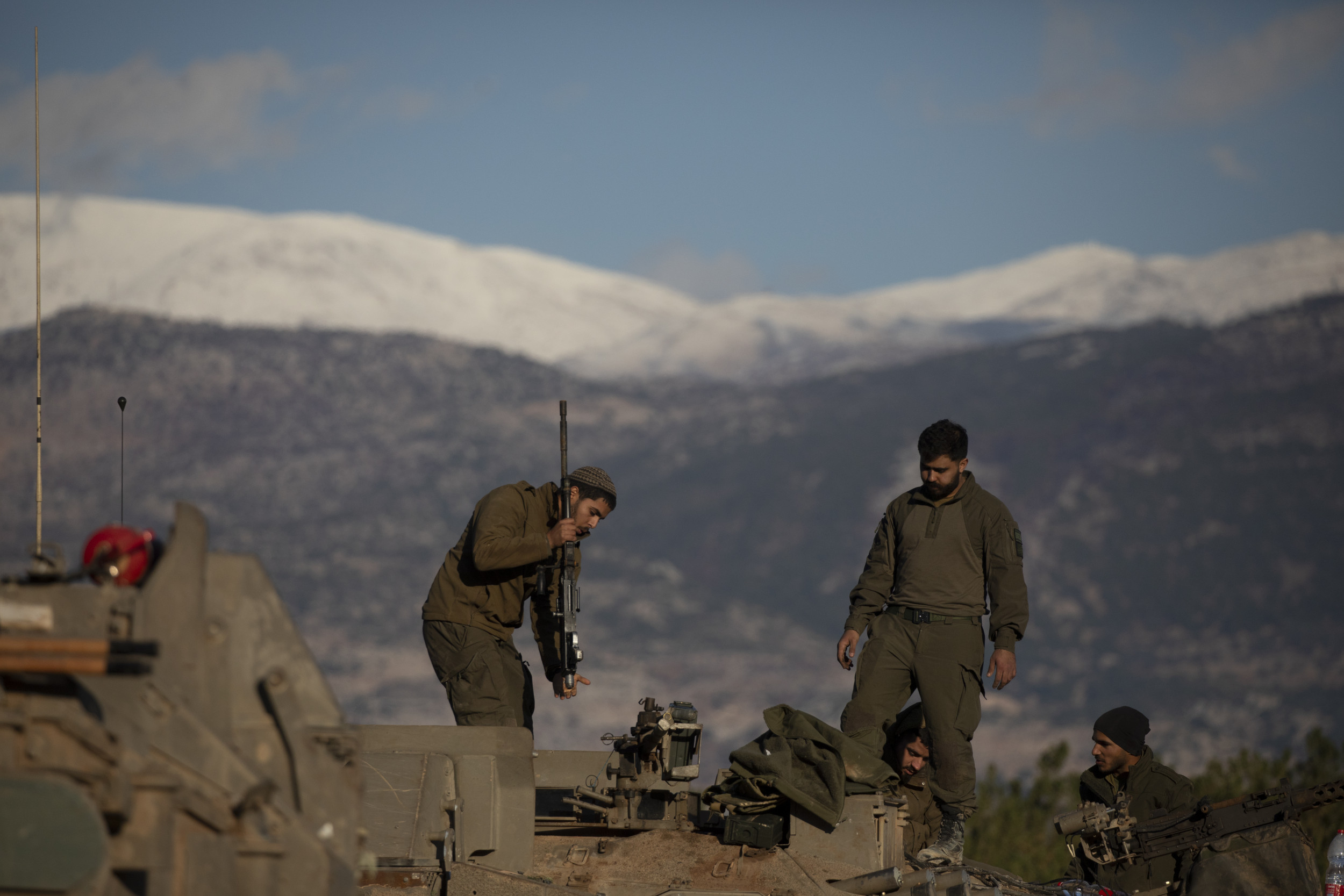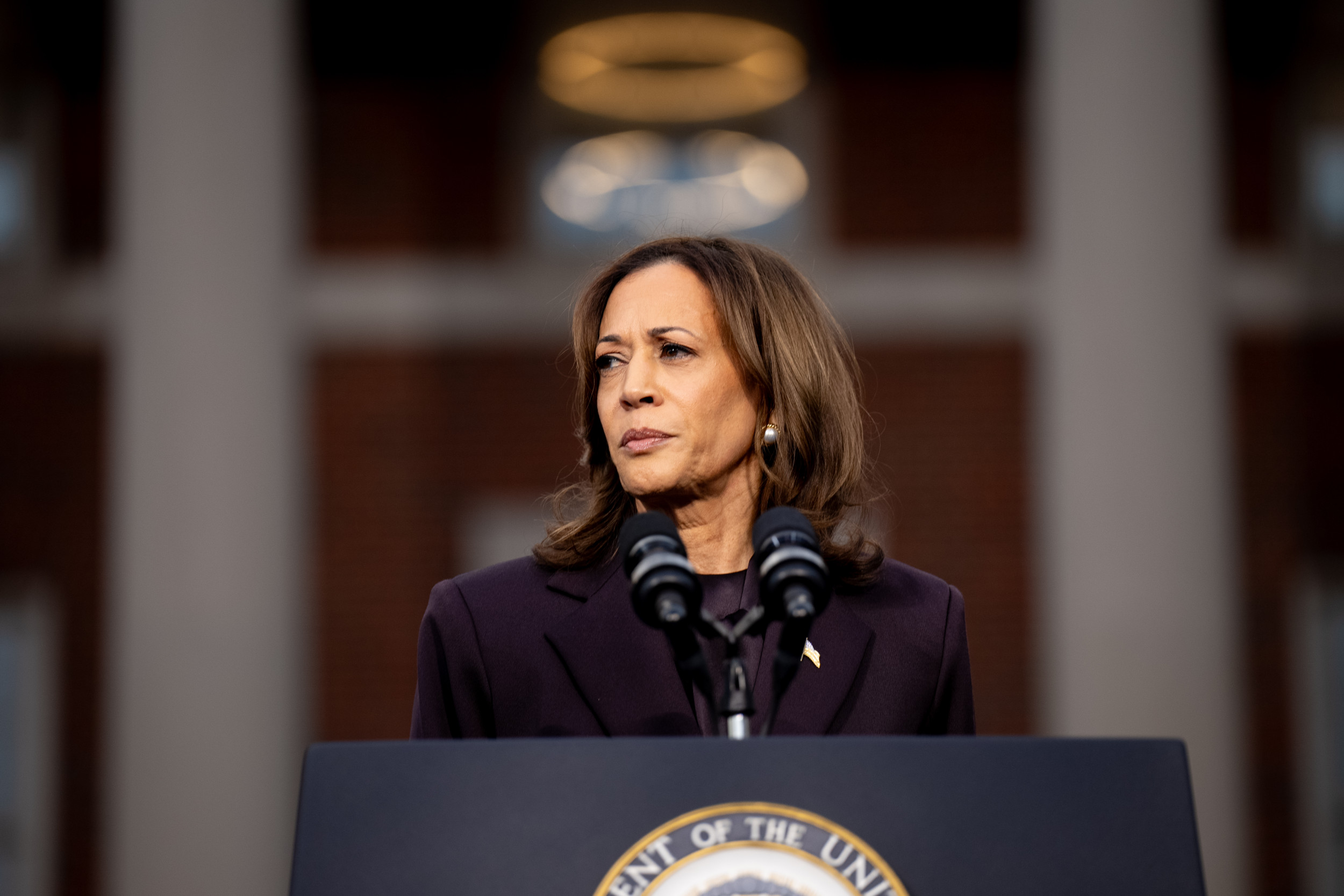Israeli warplanes struck central Beirut and its southern suburbs on Tuesday, while Israel's leaders prepared to vote on a proposed U.S.-brokered ceasefire with Hezbollah.
Smoke rose over the Lebanese capital while the Israeli military issued warnings for 20 buildings in southern Beirut to evacuate ahead of additional strikes.
Israeli forces also reached parts of Lebanon's Litani River, a key location in the proposed truce.
Lebanese officials indicated Hezbollah supports the agreement, which could bring an end to more than a year of fighting.
However on Tuesday, Israeli Prime Minister Benjamin Netanyahu's security Cabinet was still deliberating, and approval was not guaranteed.

Ceasefire Details Raise Concerns
The deal includes a two-month halt in fighting, and requires Hezbollah to withdraw from southern Lebanon while Israeli troops retreat to their border.
Thousands of Lebanese soldiers and U.N. peacekeepers would deploy in the area, overseen by an international monitoring panel led by the U.S.
Israel has insisted on the right to act if Hezbollah violates the terms, a demand Lebanese officials oppose.
Defense Minister Israel Katz warned U.N. envoy Jeanine Hennis-Plasschaert, "If you don't act, we will act, and with great force." EU diplomat Josep Borrell defended the ceasefire plan, saying, "There is not an excuse for not implementing a ceasefire. Otherwise, Lebanon will fall apart."
Escalation Continues in Lebanon
While ceasefire talks progressed, Israeli strikes continued.
In Beirut's Basta district, a residential building was leveled, killing three and injuring 26, according to Lebanon's Health Ministry.
Strikes also hit southern suburbs, including areas near Beirut's airport, which remains operational despite the ongoing conflict.
Further south, Israeli forces targeted Tyre, reportedly killing a Hezbollah commander, and clashed with militants near the Litani River.
Warnings were issued to residents in Naqoura, where U.N. peacekeepers are stationed. UNIFIL spokesperson Andrea Tenenti stated peacekeepers would not evacuate despite the escalating violence.

Prospects and Risks of Ceasefire
If implemented, the ceasefire could significantly reduce regional tensions. Under the plan, Hezbollah would relocate north of the Litani, a critical buffer zone about 20 miles from the border. However, skeptics question the enforceability of the agreement.
The conflict has devastated Lebanon, with more than 3,760 killed and 1.2 million displaced, according to Lebanese authorities. Israel claims over 2,000 Hezbollah fighters have been killed, while on the Israeli side, approximately 90 soldiers and nearly 50 civilians have been killed by rockets, drones, and missiles in northern Israel and during ground fighting in Lebanon. Around 50,000 residents remain displaced from the north of Israel.
Hard-liners in Israel, including National Security Minister Itamar Ben-Gvir, oppose the deal. On social media, Ben-Gvir called the ceasefire a "big mistake" and a "missed historic opportunity to eradicate Hezbollah."
U.S. officials warned negotiations could still falter, with White House spokesperson John Kirby noting, "Nothing is done until everything is done."
This article includes reporting from The Associated Press



















 English (US) ·
English (US) ·